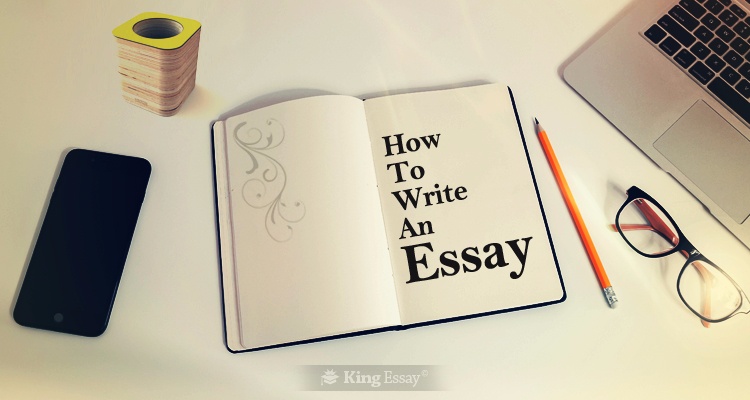How to Write an Essay Which is Descriptive, Critical or Factual
Posted on: April 28, 2017
Essays containing facts and figures or any other discursive essay topics can basically be divided into categories. Each category fulfils a different objective. Some essays are informative while others are argumentative. No matter which category you are writing for, there are certain constituents which you must always take in to consideration.
For example, you must maintain the same tone throughout the entire composition. If you are writing in the first person, the composition should be in the first person all through to the end. You must also take into consideration the group of people for which you are writing this article. If there is some background information which the audience are not aware of, you must provide those facts. The most important thing which should be constant and understandable throughout the course of the drafting process is the intention or purpose of writing. All of these factors go hand in hand and complement each other in the UK best essay.

Hastily Completing the Scripting Process Productively
You have been assigned the task of writing an essay by your institute and now you are contemplating how to write an essay. Let’s suppose that you have in-depth knowledge of the assigned subject. You sit down at your personal computer and begin typing. You come up with the most attractive title and how to write essay. You write an introduction having a good hook. You continue to write an elaborated point-by-point argument in the main body and end with an amazingly clinching conclusion. That is how you write an essay, is it not?
Of course not, before you even begin the writing process you must draft an outline. The outline should contain a detailed and deliberate summary of the points which will be discussed leading to the conclusion. You must provide the necessary facts and figures in the course of the process reaching up to the conclusion. When the reader reads your article, they should be convinced that you have discussed all the aspects of the assigned subject. It should be evident from the contents that you know how to overcome weakness while writing and producing a master piece of thoughts.
Construction Factors to Avoid Using Scrupulous Judgement
By now it should be evident that there are certain factors which should always be included in a good composition. Now the question which arises is are there certain characteristics which need to be avoided? To answer that question, you must take in to consideration how much plagiarism is allowed. The answer to that question is that plagiarism acceptance percentage may vary. No matter which institute it is and no matter what sort of literary work is being composed, it should usually contain zero plagiarism. This is the convention which needs to be followed by all writers.
Students guilty of plagiarism will always face serious consequences at their institute. In some cases, if it is not the first time, the entire qualification may also be revoked or denied. Before beginning the composition it is suggested to find out the established referencing convention which should be used to eliminate plagiarism in the written material.
How to Write a Good Essay for an Excellent Evaluation
The best advice for achieving good results on any written discourse can only be provided to you by your institute. Before beginning the writing process, find out exactly what are the requirements which need to be fulfilled in the exposition. Also find out if it is compulsory to include any specific theories or work in the report. Once you have a good idea of the exact objectives which need to be completed, you will be more successful in achieving them productively. Additionally, find out which referencing convention you must employ in your work. The following is a list of different types of essays which are usually assigned by institutes.
- Analytical
- Argumentative
- Cause and Effect
- Compare and Contrast
- Critical
- Descriptive
- Evaluative
- Narrative
- Persuasive
Each one of these essay classification refers to a different set of goals and objectives which need to be satisfied. Some will require extensive research while others might require outstanding diction and verbal-ism.